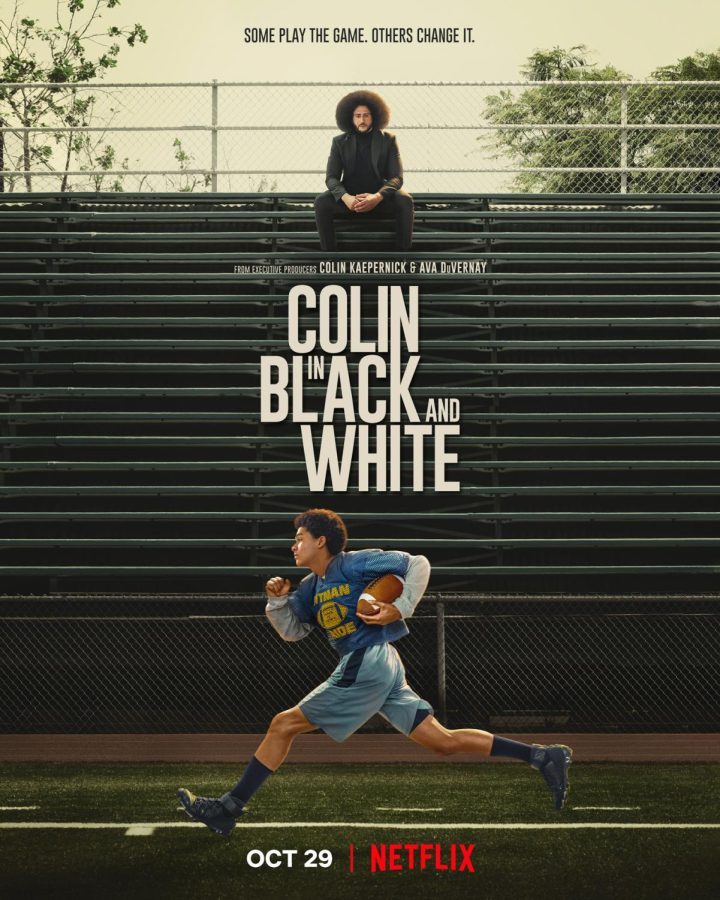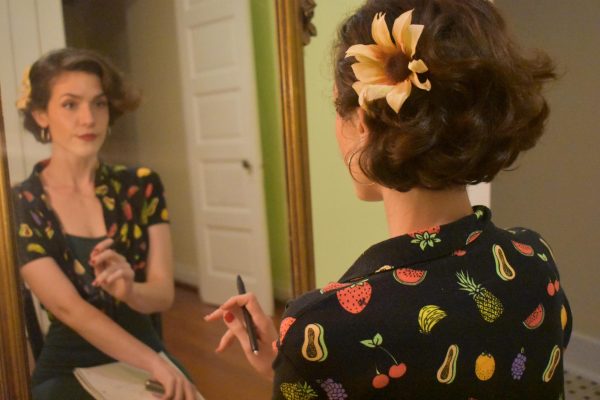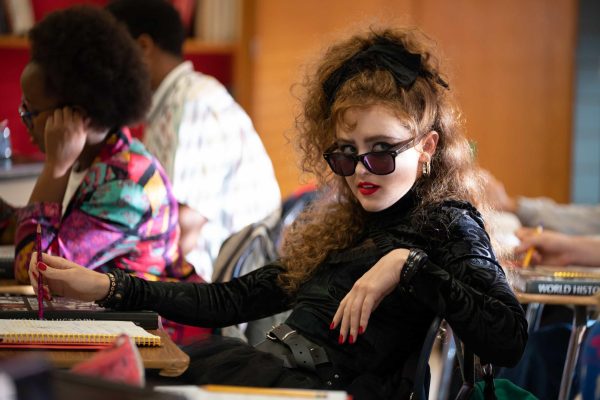“Colin in Black and White” review: The truth of being biracial
Netflix’s latest limited series “Colin in Black and White” is an inside look into the life of former NFL player Colin Kaepernick in a non-traditional upbringing as a mixed race child and how that led him to activism. Although Kaepernick played six seasons for the San Francisco 49ers, he is well known for kneeling during the national anthem in 2016 in protest of police brutality and racial injustice.
The six-episode series was a collaborative project between Kaepernick and Oscar-nominated filmmaker Ava DuVernay, best known for her work in “Selma” and “A Wrinkle in Time.” Although Kaepernick appears in the series as a narrator, his character is portrayed by up-and-coming actor Jaden Michael.
To prepare for the series, Michael trained for hours three times a week and ate lots of Sour Patch watermelon candies, according to his interview with Teen Vogue. After watching the series, it becomes clear that Michael is a perfect choice to play Kaepernick. As a young actor, it seemed natural for him to play young Kaepernick because he brought the awkward humanity that was needed for the role of a young boy trying to find his way.
Another notable role was Nick Offerman’s character as Kaepernick’s adoptive father. Offerman is most known for his comedic role in “Parks and Recreation.” In the series, however, he portrays a typical White father who is supportive, wears khakis for every occasion, has a steady supply of “dad jokes,” and is utterly clueless about raising a Black boy in America.
DuVernay’s artistic direction paired with Matthew J. Lloyd’s cinematography truly captured Kaepernick’s story in a way that is relatable and incredibly human. It also sheds light on the lives of many multiracial children who are desperately trying to accept and understand their differences whilst still having hopes and dreams.
Throughout the series, Kaepernick experiences microaggressions and other forms of racism, while his parents, although loving, are completely unaware of his struggles. While being biracial is not a universal experience, Kaepernick’s story is one that all multiracial people can relate to in some way. Society often forces mixed kids into a box. They are made to choose only one race or culture to embrace.
For Kaepernick, being raised by White parents in predominantly White spaces, this choice should’ve been easy for him. Unlike many transracial adoptees, Kaepernick sought out his Black culture instead of assimilating to the culture he was being conditioned to by his adoptive parents. The storytelling accompanied by Kaepernick’s narration is powerful, and his search for his place in the world as a Black man is one that is unique and empowering.
Although the series mainly follows Kaepernick’s athletic journey to the NFL despite many rejections and advice to be a baseball player, the bigger picture of the narrative is his decision to embrace his Blackness in a sport and in a world that kept telling him no.


Maleigh Crespo serves as the Maroon's Editor in Chief. Maleigh previously served as the Maroon's Managing Editor for Print, Design Chief, Equity and...












Locopoolo • Dec 16, 2021 at 9:59 am
I’m black Hawaiian and Chicano. When I was very young my black mother told me that she is embarrassed to take me around my black grandparents, aunts, uncles and cousins. Eventually my mother walked out on me and my Chicano and Hawaiian father I have never heard from again. Throughout my 55 years on earth I have been felt the sting of racism but without a doubt blacks have made it very well known that I was not welcomed around because I’m a half breed trying to be to be one of them. I have always been welcomed and respected by my fathers side. In short my life experience has taught me that black racism is rampant and black mothers are the ones who encourages black racism.